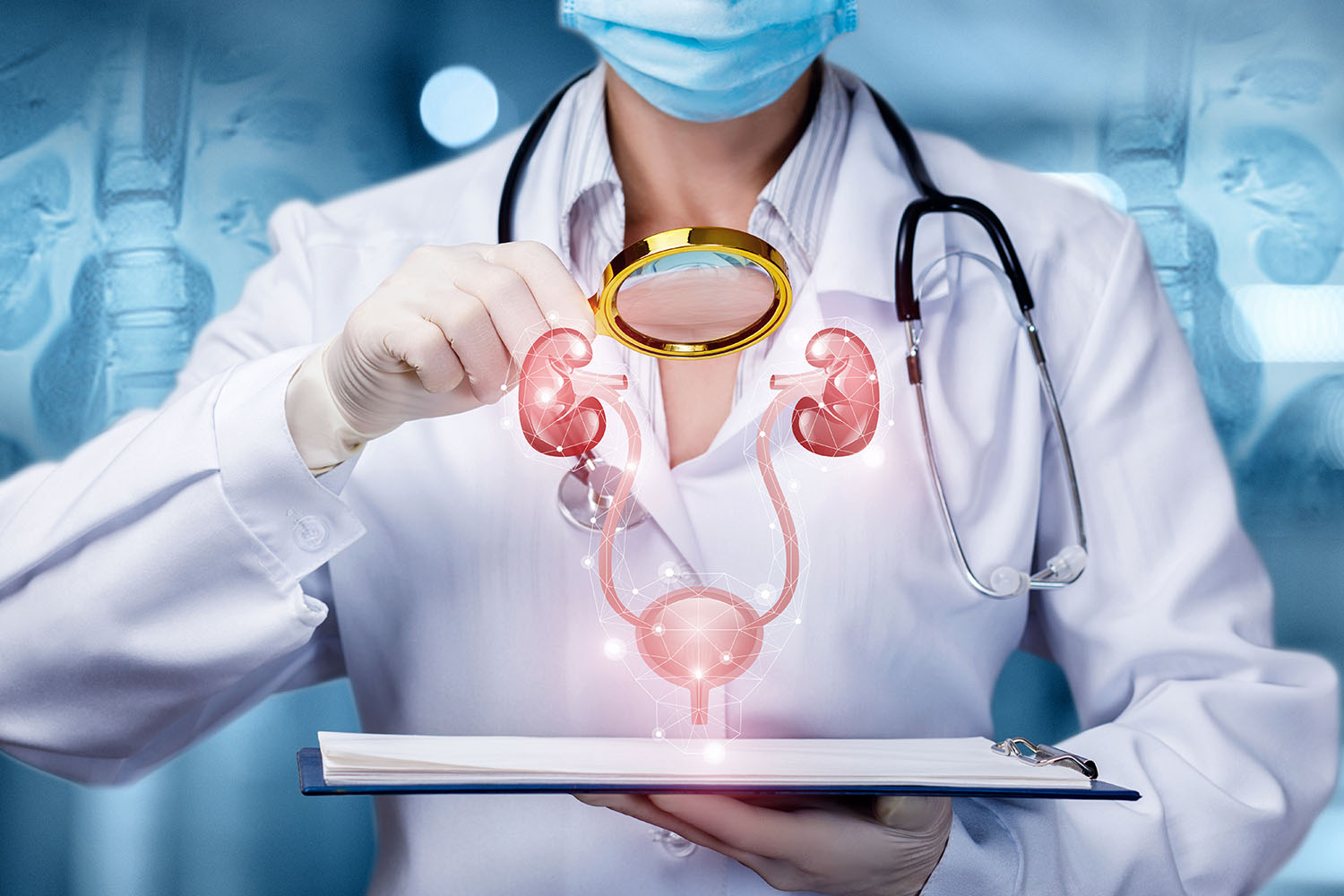Overview
Prostate exams are an essential aspect of men’s health care that often get overlooked or ignored due to discomfort or embarrassment. However, understanding the significance of these exams and their role in early detection of prostate cancer and other prostate-related issues is crucial for maintaining optimal health. In this blog post, we’ll delve into the importance of prostate exams, backed by research and facts, to shed light on why every man should prioritize this aspect of their healthcare routine.

Understanding the Prostate Exam:
The prostate exam, also known as a digital rectal exam (DRE), involves a healthcare provider inserting a gloved, lubricated finger into the rectum to feel the prostate gland. While it may seem uncomfortable or invasive, this exam is relatively quick and can provide valuable insights into the health of the prostate gland.
Importance of Prostate Exams:
Research has consistently shown that regular prostate exams can aid in the early detection of prostate cancer, which is one of the most common cancers among men. According to the American Cancer Society, prostate cancer is the second leading cause of cancer-related deaths in American men, highlighting the importance of proactive screening measures.
Moreover, prostate exams can also help detect other prostate-related issues such as benign prostatic hyperplasia (BPH), prostatitis, and abnormalities in the prostate gland. Early detection of these conditions can lead to timely interventions and better management of the underlying issues, potentially preventing complications down the line.
Fact-Based Insights:
The American Cancer Society recommends that men discuss the benefits and risks of prostate cancer screening with their healthcare providers starting at age 50 for average-risk men.
Men at higher risk, including African American men and those with a family history of prostate cancer, should consider starting discussions about screening at age 45.
Prostate exams are a key component of comprehensive prostate cancer screening, which may also include prostate-specific antigen (PSA) blood tests.
Addressing Concerns:
It’s natural for men to feel hesitant or uncomfortable about undergoing a prostate exam. However, it’s essential to recognize that healthcare providers are trained to perform these exams with professionalism and sensitivity to patient concerns. Open communication with your healthcare provider can help alleviate any fears or anxieties you may have about the exam.
Prostate exams play a vital role in safeguarding men’s health and well-being. By understanding the importance of these exams and proactively discussing them with healthcare providers, men can take proactive steps towards early detection and management of prostate-related issues. Remember, prioritizing your health through regular screenings, including prostate exams, is a crucial aspect of overall wellness and longevity.
So, don’t hesitate to schedule that prostate exam—it could save your life.



